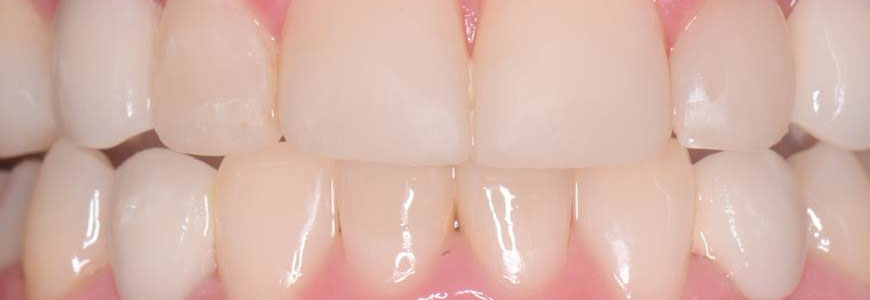
Teeth grinding is an oral and jaw problem where the person affected grinds his or her teeth. Bruxism is more common but is often mild, or intermittent, and does not affect someone's health. But when tooth grinding becomes more frequent, it could lead to complications, resulting in severe damage to the jaws and teeth.
Adults are not the only ones to suffer from bruxism. 15 to 33 percent of children grind their teeth, and this happens mostly during tooth eruption periods. Juvenile bruxism happens when the child is sleeping and many parents notice it because they hear grinding noises coming from the child's mouth.
There are no major treatments for young children who show bruxism. Most of them lose the habit when they reach adolescence. Here are a few tips for helping a child to reduce teeth grinding:
- Reduce a child’s stress level, especially before sleep.
- Try massaging and relaxing the muscles of the face.
- Make sure that the child’s diet contains a lot of water because dehydration can be connected with teeth grinding.
- Ask your dentist to check if your child has signs or bruxism, such as tooth wear.
Here are the most suspected causes of bruxism:
- Anxiety or stress.
- An abnormal closure of the teeth caused by misaligned teeth or many absent teeth.
- Anxiety, stress or tension
- Suppressed anger or frustration
- Aggressive, competitive or hyperactive personality type
- Abnormal alignment of upper and lower teeth (malocclusion)
- Other sleep problems
- Response to pain from an earache or teething (in children)
- Complication resulting from a disorder, such as Huntington's disease or Parkinson's disease
- An uncommon side effect of some psychiatric medications, including some antidepressants
Constant teeth grinding can fracture, use-up, or cause tooth loss. In such cases procedures like crowns, bridges, root canals or implants may be necessary. Severe bruxism can not only damage teeth, but could also worsen the general condition of the jaws. If not treated, this problem can lead to a partial loss of hearing, affect the temporal mandbular joint, or even change the appearance of the face.
In most cases, when bruxism is mild, no treatment is necessary. It’s when teeth grinding becomes severe and causes damage or pain that it should be treated. The following are some of the solutions.
- Reduce stress
- Reduce eating or drinking foods that contain caffeine such as coffee, chocolate or soft drinks.
- Avoid chewing on objects such as pencils, nail or other hard objects.
- Stop yourself from grinding your teeth by being aware; especially making a conscious effort to prevent it during the day.
- Try relaxing your jaw muscles in the evening, before going to sleeping, by using a damp and warm cloth applied against your face in front of your ear.
- If none of these help, your dentist can make you a bite splint that can be worn at night time while you sleep; as that’s when most episodes of teeth grinding occur.

